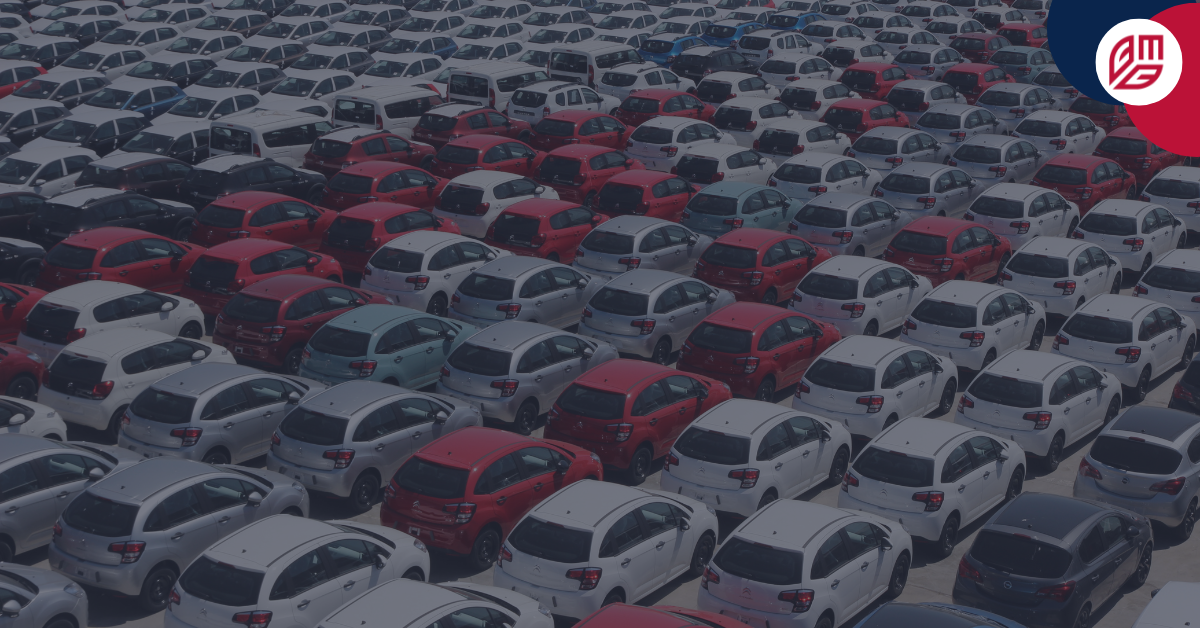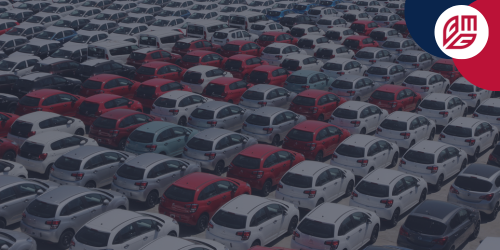Europe’s EV market is growing fast, but the industry needs to accelerate massively if it’s to keep up with China.

The Chinese EV market is outpacing German production by ten times, and they’re increasing exports.
Much of this comes down to China’s government initiatives to push battery production. Two-thirds of the global capacity for processing lithium comes from China, and manufacturing costs 20 to 25 per cent of that of European countries.
With batteries making up 40% of the cost of producing an electric vehicle, this gives China a significant edge. Which raises the question - why is Europe not doing the same?
Policies across the UK and Europe, like the plan to halt the sale of combustion engine cars by 2035, get attention in the press and spark conversation amongst consumers - but they’re big-picture targets that fail to deliver the support, investment and infrastructure development that the industry needs to get there.
Similarly, despite the growth of the EV market and the clear positives that accompany that, the industry is still constantly facing down questions around the technology - questions about the limitations of batteries, the supply of lithium and whether the real potential is in alternative green fuels like hydrogen.
In a recent article in the Financial Times, Fabian Brand, head of automotive at Oliver Wyman, summed up the issue with those arguments:
“This discussion of ‘what is the best technology’ is not helpful…From an efficiency standpoint, there is no doubt that battery electric vehicles are the preferred technology. The industry needs to be decisive and go all in.
That should be a lesson for other sectors, from energy to steel to other forms of transport, prevaricating over critical investment or strategic change in the hope that politics, subsidies, or technology will make difficult choices easier.”
This is backed up by other experts, such as Dr. Florian Knoblock - Fellow at the University of Cambridge’s Centre for Environment, Energy and Natural Resource Governance, who said in a recent article:
“When produced from electricity (so-called ‘green hydrogen’), much of the energy is lost in the conversion process.
“It is thus much more efficient to directly use the electricity for powering a car, instead of first transforming it into hydrogen and then using the hydrogen to power the same vehicle.”
“As a result, hydrogen and synthetic fuels will usually lead to much higher energy use and emissions, compared to battery electric vehicles.”
At Coalesce Management Consulting, we specialise in supporting critical industries to transform their business and meet the challenges ahead.
From electric vehicles to steel to energy, we deliver a flexible service that targets all angles of a project, tracking the key developments in areas like the EV race and ensuring we have teams of highly skilled consultants ready to hit the ground running as developers ramp up their capacity.
As the European EV market increases its rate of growth to compete with China, Coalesce Management Consulting is available to deliver high-value consulting services and solutions that will help businesses reach the potential heights that the market demands.
Get in touch with our teams today to learn more about our work in key sectors and how we can help support your production goals.


